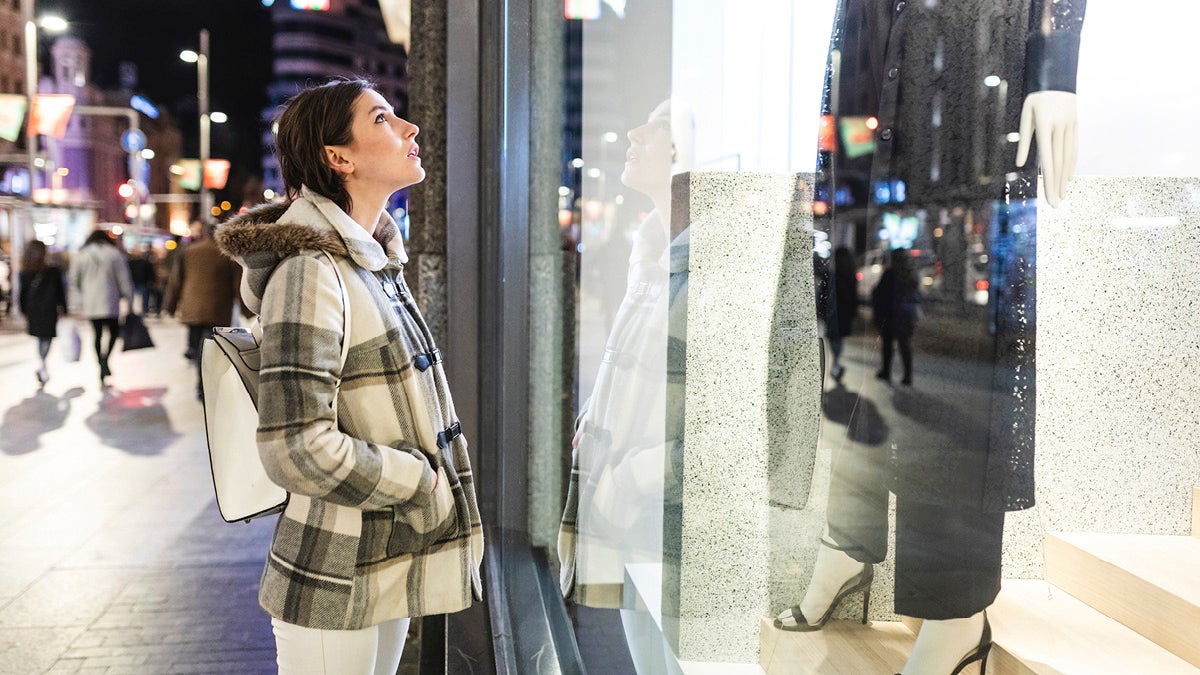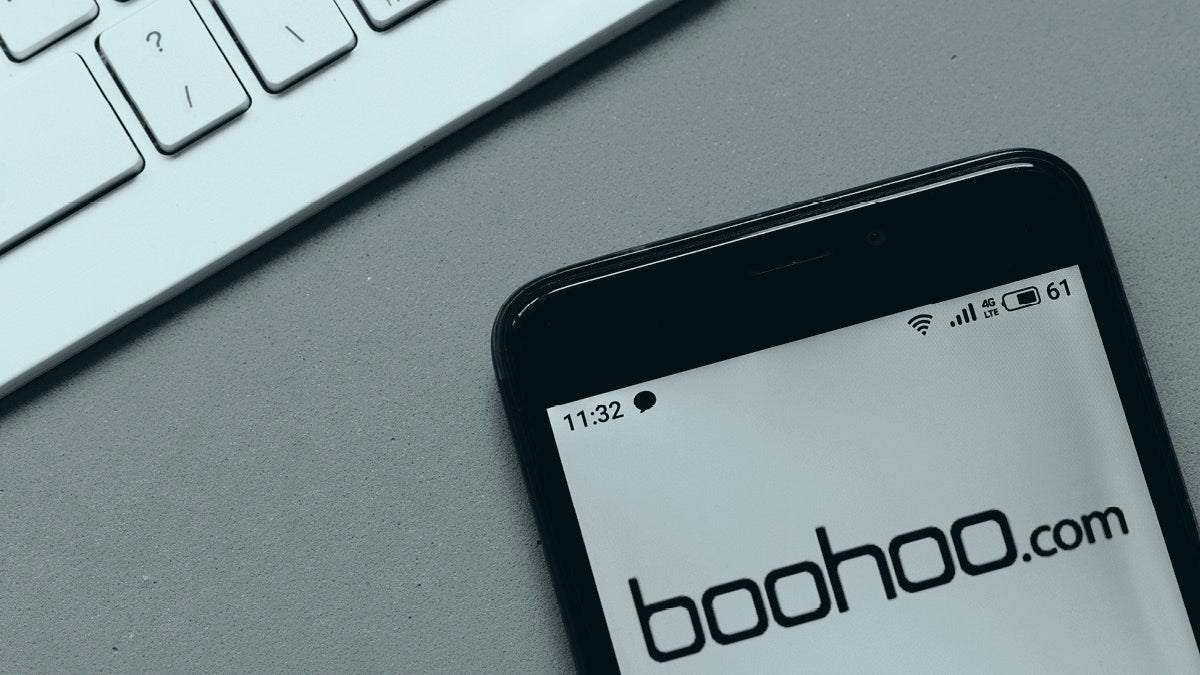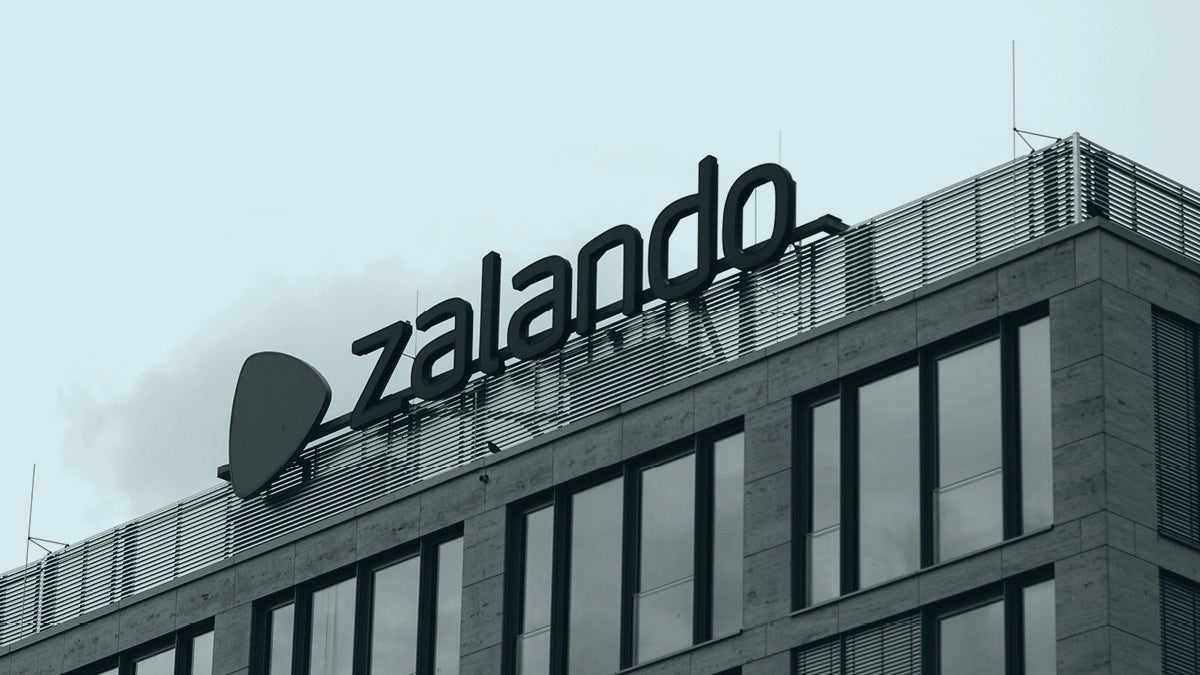
How happy are you with your new jeans? Or indeed, the people tasked with making them? Consumers are putting their favourite brands under increasing scrutiny but, without a transparent and ethical supply chain, there can be significant risk to brand reputation.
Current murkiness around companies’ supply chains works somewhat in their favour, however it won’t stay that way for long. A recent Ipsos MORI survey found that most people polled (55 per cent) would be put off buying clothes from a company that polluted.
Yet a further survey by Ipsos MORI for Changing Markets Foundation found that 44 per cent didn’t know if any well-known fashion brands were associated with sustainability. Only 11 per cent felt well informed about the environmental and societal impacts of clothing manufacturing.
Supply chain risk to brand reputation is growing
Supply chain resilience is becoming a bigger factor in cementing a strong brand reputation. Sarah Duncan, author of The Ethical Business Book, explains: “We’re becoming more and more ‘dark green’ as consumers, but it has to be really, really easy.
“Demonstrating ethical credentials can’t put in too much of an extra step for the ‘light green’ consumer because they can’t be bothered. If they can get something that is high quality, cheap and really convenient, they’ll buy that by default.”
There are many resources where consumers can access information about companies’ supply chain strategies, such as Labour Behind the Label, the Fashion Transparency Index and publications such as Ethical Consumer. However, companies realise their brand reputation rests on their openness and transparency.
“There are a lot of people working on blockchain technology for us to easily see the supply chain of everyday products,” says Duncan, although she concedes this is just part of the solution.
Alberto Lopez-Valenzuela, founder and chief executive of Alva, a reputation intelligence agency, adds: “The challenge right now is that there is no certification or standardisation. It will have to be as simple as the traffic light system so consumers can assess how the company stands in terms of sustainability. It needs simplification.”
Day-to-day consumerism may not be turning into full-blown activism just yet, but the signs are there. And when a natural disaster like the COVID pandemic exposes supply chain risk, such as for fashion etailer boohoo.com, there are immediate and obvious impacts on brand reputation. But no one can afford to rest on their laurels.
Lopez-Valenzuela concludes: “Companies might not be tempted to do something, but when all your competitors are, you’re not just falling behind; in some cases, you’ll lose the licence to operate altogether.”
Supply chain ramifications for two ecommerce brands
boohoo.com: rebuilding consumers’ trust

Following a July investigation by an undercover reporter from The Sunday Times, a factory in Leicester was alleged to be flouting regulations including coronavirus measures and undercutting the minimum wage. The factory appeared to have links to fashion etailer Boohoo, but the company claimed it was not one of its declared suppliers.
However, the news was enough to impact the company’s brand reputation and its share price slid 16 per cent the day after the investigation was revealed. An initial announcement from group chief executive John Lyttle said the board was “deeply shocked by the recent allegations”. In late-July, the company launched an independent review of its Leicester supply chain, led by Alison Levitt QC.
Its objectives were to investigate allegations, consider how well Boohoo monitored its supply chain, consider the company’s compliance with law and to make recommendations based on the findings.
As a result of that review, a further two suppliers were cut from the company’s roster. Boohoo also hired an independent factory auditor, whose services included a confidential whistleblower hotline, and announced it was also developing a “model factory” for 250 people in Leicester, to bolster supply chain resilience.
A spokesman said: “The company can confirm that Boohoo will provide an update on the findings of the Levitt report by September 30, 2020.”
zalando.com: commitment to supply chain resilience

Zalando supplies 600,000 products from more than 2,500 brands across 17 countries. It also offers its own private label. To maintain supply chain resilience and brand reputation, the company requires its brand and sourcing partners to sign up to its code of conduct and ethical sourcing standards. When it launched its do.MORE strategy in October 2019, the company made assessments around ethical and sustainable parameters for its brand partners mandatory.
In May 2020, the company also announced a collaboration with the Sustainable Apparel Coalition and Higg Co to accelerate a global sustainability standard in the fashion industry. “The lack of an industry-wide standard of what constitutes sustainable fashion is the number-one challenge. It results in brands using broad and often conflicting language which confuses customers,” Zalando sustainability director Kate Heiny concedes. “We see a clear link between sustainability and continued commercial success.”
The company has set itself six targets within its do.MORE framework. The first, to be carbon neutral and set science-based targets in 2020, has been achieved.
The others are set to complete in 2023, including minimising waste in packaging and eliminating single-use plastics, only working with partners that align with the company’s ethical standards, generating 20 per cent of gross merchandise value with more sustainable products, extending the life of at least 50 million fashion products and supporting 10,0000 people in the workforce through upskilling to meet future requirements.
“Both our current and future customer base are calling for more sustainable choices in fashion,” says Heiny. “We want to make it easier for customers to spot and shop for more sustainable fashion on our platform.”
